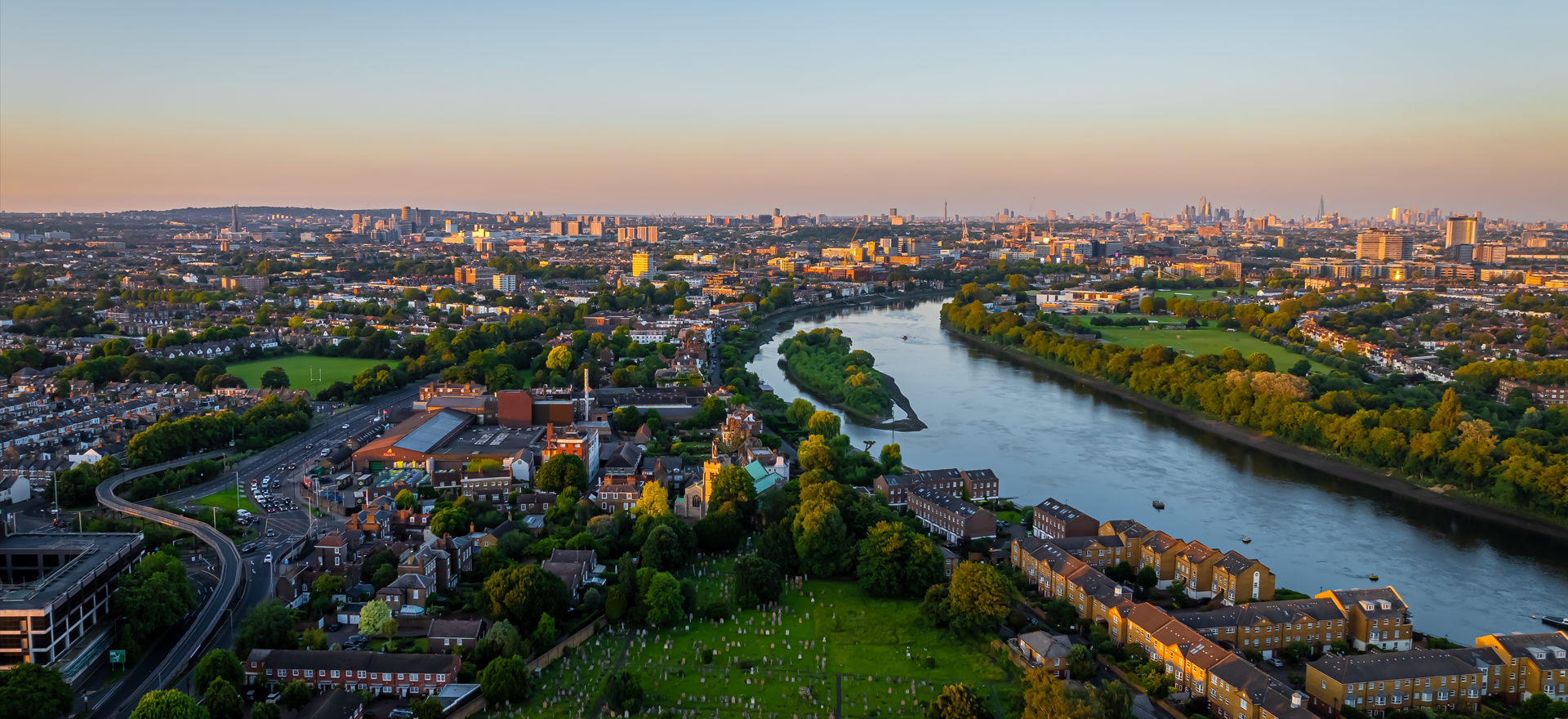
Expatriate living
Don’t end up ‘someplace else’ – a plan for expat living
Having a wealth plan can be even more important as an expat, as you will likely have more complex financial needs and assets spread around the world. Failing to plan could financially leave you ‘someplace else’.
“If you don’t know where you are going, you’ll end up someplace else.” This is particularly appropriate when we consider our financial goals and aspirations. As an expatriate living abroad, having a plan can be even more important as you are likely to have more complex financial needs and assets spread around the world.
Having lived in London for several years and believing not much could compare to its vibrancy and buzz, my plan for my future expat life needed to be a good one if I was to avoid disappointment. Here I am today in the heart of Dubai in my unlined suit, something I learned very quickly was needed to combat the intense heat. And Dubai didn’t disappoint. The largely expatriate society (making up around 88% of the current population of the United Arab Emirates) offers a culturally diverse pool for networking and socialising, that I have chosen to immerse myself in fully. While it would be easy to be led astray by the high standard of living, the attractive benefits such as tax-free income has allowed me to remain focused on my financial targets for the future.
Whatever your reasons for choosing the expatriate life, whether you are on a work secondment, you’re a retiree or are just escaping to sunnier climes, having an effective financial plan can help you maintain your lifestyle and ensure your diverse financial assets are working together for your future.
The best place to start your plan is by understanding what you want from life. Your life goals can usually be split into short, medium and long-term aims, they need to be reasonably achievable and should be specific to you. It often helps to see a list of typical goals to help you focus on what is most important for you and your family, for example:
| Short term Up to five years |
Medium term Up to 10 years |
Long term Over 10 years |
| Buy a UK holiday home | (Early) Retirement | |
| Consider extending time overseas | Become a consultant | Buy a large rural home |
| Save for retirement | Long-term health care | |
| Support aging parents; | Support children until financially independent | Pay for grandchildren’s education |
By prioritising your goals and a timeframe for achieving them, you will be able to estimate how much money you will need and when. This will form the roadmap for your plan and you can start to manage your finances in the most effective way to attain your goals.
Making a plan means you should record your current income and living expenses, and calculate how much money you have available to put towards achieving your goals. It is unlikely your income will remain the same over your lifetime, so this is something you can build into your financial plan. You should also consider other sources of income you may have over time from investments, your pension, or perhaps an inheritance. Against these, you need to include the costs and timing of your short and medium-term goals, such as buying a second home, paying for children’s education or returning to your home country.
One thing that could easily be overlooked, while you are enthusiastically making your final preparations for moving is, do you plan to return to your home country at some point? If so, you will need to start planning well in advance to ensure the move back is seamless and tax efficient. Your financial situation as an expatriate may no longer be applicable if you become tax resident in another country, so a review of the potential implications is vital. Tax treatment depends on your individual circumstances and may be subject to change in the future so it is important to get specialist advice. While we don’t give tax advice, we have the experience to point you in the right direction, not least as it makes sense to look into the tax payment schedule for your new destination.
For example, If you intend to move back to the UK for example, it pays to keep up your Class 3 national insurance contributions as you need 35 qualifying years – that’s up from 30 years previously – to be entitled to the full UK state pension. In addition, you should beware of spending too much time in the UK while preparing for your return, as you could accidentally bring forward the start date of your UK tax residence status. The number of days spent in the UK to trigger your residency can vary and is based on the amount of time you have been non-UK resident for. This is well worth not leaving to chance.
Hong Kong, Singapore and Dubai are popular choices for those looking for warmer climes. However, the high cost of living can be a deterrent for the long-term, but if you can’t bear the thought of cold, grey winters in the UK, you could opt for an investor visa and switch to working in Australia for a while, before retiring there or moving to sunny Cyprus, Gibraltar or Malta.
You should also review any existing pension or investment arrangements to ensure they remain in line with your goals. If you plan to return to the UK, it is worth considering the use of tax-efficient investment structures, such as ISAs and single premium life insurance bonds. If you have a qualifying recognised overseas pension scheme, you must inform your provider if you intend to move to a different jurisdiction.
If you have any assets that have risen in value, you may consider selling them with a view to ‘crystallising’ those gains before you become tax resident in another country.
Tax is, however, just one consideration. Other factors, such as to how to fund your lifestyle, buy a property, manage succession planning, and pay for health care and children’s education should all be factored into your plan.
It is never too soon to set up a financial plan, but once you have, it does not mean your work is done. It pays to review it regularly to ensure it still aligns with your current situation and remains on track to meet your goals. That way you can continue to enjoy an international lifestyle, while knowing your wealth is working towards your future goals. You don’t want to end up just ‘someplace else’, financial nor geographically.
Clients of Nedbank Private Wealth can get in touch with their private banker directly to understand how wealth planning can help them achieve their financial goals and objectives, or call +44 (0)1624 645000 to speak to our Client Services team.
If you would like to find out more about how we can help you with wealth planning support, or specific support when planning your retirement, as well as for other major life events, please contact us on the number above or via our Contact us page.
We do not offer legal advice. We would always recommend you seek professional legal advice in relation to your will and lasting powers of attorney. We are, however, happy to work with your legal team, or to provide an introduction to a suitable lawyer should you wish.
Sources: Edaradia
Quote: Yogi Berra
Any examples of investments and structures used are for illustrative purposes only. The inclusion does not constitute an invitation or inducement to buy any financial investment or service. None of the content constitutes advice or a personal recommendation. Individuals should seek professional advice, based on their jurisdiction and personal circumstances, before making any financial decision.
RELATED NEWS
You may also be interested in the following Insights
Sign up for our updates
Stay up to date with the latest news, insights, and opinions from Nedbank Private Wealth by signing up to our newsletter. You can also register to be invited to our virtual events and hear directly from a wide range of experts. Sign up below. You can unsubscribe at any time.












